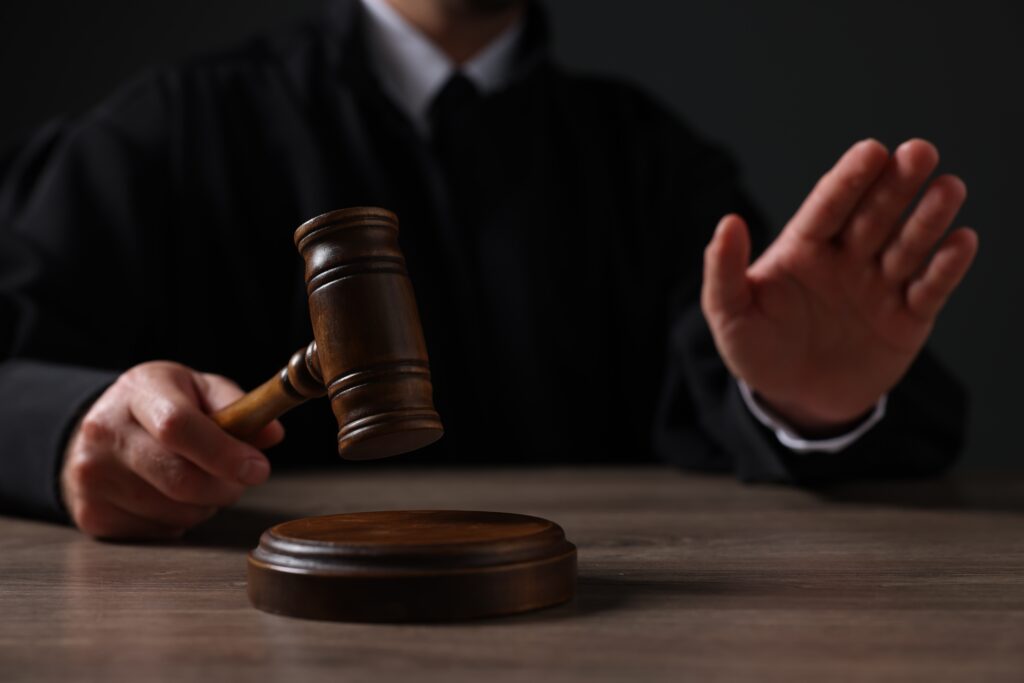The Racketeer Influenced and Corrupt Organizations Act (RICO), enacted in 1970, stands as a cornerstone of federal efforts to combat organized crime and complex criminal enterprises. Designed to target ongoing illicit activities rather than isolated acts, RICO’s broad scope makes it a powerful tool in high-profile federal prosecutions. Its application can lead to severe consequences, including lengthy prison sentences and significant financial penalties, making it critical for those facing allegations to understand the law and effective defense strategies.
This blog post provides a clear overview of RICO violations and outlines practical approaches to defending against such charges in federal court.
What Is RICO and Why Does It Matter?
RICO, codified under 18 U.S.C. §§ 1961–1968, enables prosecutors to charge individuals for participating in a “pattern of racketeering activity” within an “enterprise” that affects interstate or foreign commerce. Unlike traditional criminal statutes, RICO focuses on the structure and continuity of criminal conduct, transforming related offenses—such as fraud, extortion, or money laundering—into a single conspiracy charge. Convictions can result in up to 20 years imprisonment per count, substantial fines, asset forfeiture, and treble damages in civil lawsuits.
The law’s flexibility allows its application across various contexts, from organized crime to sophisticated white-collar schemes. In high-profile cases, RICO charges often attract intense scrutiny, complex multi-defendant trials, and aggressive prosecutorial tactics. Defendants face the challenge of not only addressing individual allegations but also countering the broader narrative of a coordinated criminal enterprise.
Key Elements of a RICO Violation
To secure a RICO conviction, prosecutors must prove five essential elements beyond a reasonable doubt:
- Existence of an Enterprise: The enterprise may be a formal entity, such as a corporation, or an informal group united for a common illegal purpose. It must be a distinct, ongoing structure.
- Impact on Interstate Commerce: The enterprise’s activities must affect commerce across state lines, a requirement typically easy to meet in today’s interconnected economy.
- Association or Employment by the Defendant: The accused must be linked to the enterprise, whether as an employee, associate, or participant.
- Pattern of Racketeering Activity: This requires at least two “predicate acts” from a list of 35 specified crimes (e.g., bribery, fraud, or drug trafficking) committed within a 10-year period, demonstrating relatedness and continuity.
- Conduct Through the Pattern: The defendant must have conducted or participated in the enterprise’s affairs through this pattern of racketeering activity.
These elements create a framework that prosecutors can broadly apply, making RICO cases particularly challenging. The complexity of proving—or disproving—these components underscores the need for a strategic defense.
Common Challenges in RICO Cases
RICO prosecutions often involve voluminous evidence, including wiretaps, financial records, and witness testimony, which can overwhelm defendants. The government may rely on co-defendant cooperation or informants to build its case, adding pressure in multi-defendant scenarios. Additionally, the law’s broad language allows prosecutors to cast a wide net, linking seemingly unrelated acts into a single narrative of criminal enterprise. For defendants, the stakes are high, as convictions can lead to not only imprisonment but also significant financial and reputational damage, especially in high-profile matters.
Practical Defense Strategies for RICO Cases
Defending against RICO charges requires a meticulous, multi-faceted approach tailored to the complexities of federal court. Below are key strategies to consider:
- Challenge the Enterprise’s Existence: Argue that the alleged enterprise lacks the necessary structure or continuity. By demonstrating that the group was loosely organized or temporary, the defense can weaken the prosecution’s foundation.
- Disrupt the Pattern of Racketeering: Show that the predicate acts are unrelated or lack the continuity required for a RICO violation. Highlighting gaps in timing or intent can dismantle the pattern element.
- Question Criminal Intent: Establish that the defendant lacked knowledge of the enterprise’s illicit activities or did not intend to further its criminal objectives. This is particularly effective in cases involving legitimate business activities.
- Leverage Procedural Defenses: Identify issues such as improper evidence collection, violations of the statute of limitations (typically five years from the last predicate act), or prosecutorial overreach to suppress evidence or dismiss charges.
- Scrutinize Evidence Integrity: Challenge the reliability of witnesses, particularly informants with incentives to testify, or question the validity of financial or digital evidence through expert analysis.
- Pursue Trial Severance or Plea Negotiations: In multi-defendant cases, seek to separate the defendant’s trial to avoid guilt by association. Alternatively, strategic plea negotiations can reduce charges or penalties.
Early intervention is critical. Engaging counsel before an indictment can lead to negotiations that prevent charges, while thorough discovery can uncover weaknesses in the government’s case.
Why Choose Padula Law for RICO Defense?
Navigating a RICO case demands expertise, precision, and a deep understanding of federal law. Padula Law, led by attorney Michael Padula, specializes in defending high-profile federal cases, offering tailored strategies to counter complex allegations. With a proven track record of challenging prosecutorial narratives and protecting clients’ rights, Padula Law provides the guidance needed to face RICO charges head-on.
Contact Padula Law for a confidential consultation to explore defense options and secure a robust strategy for federal court.



